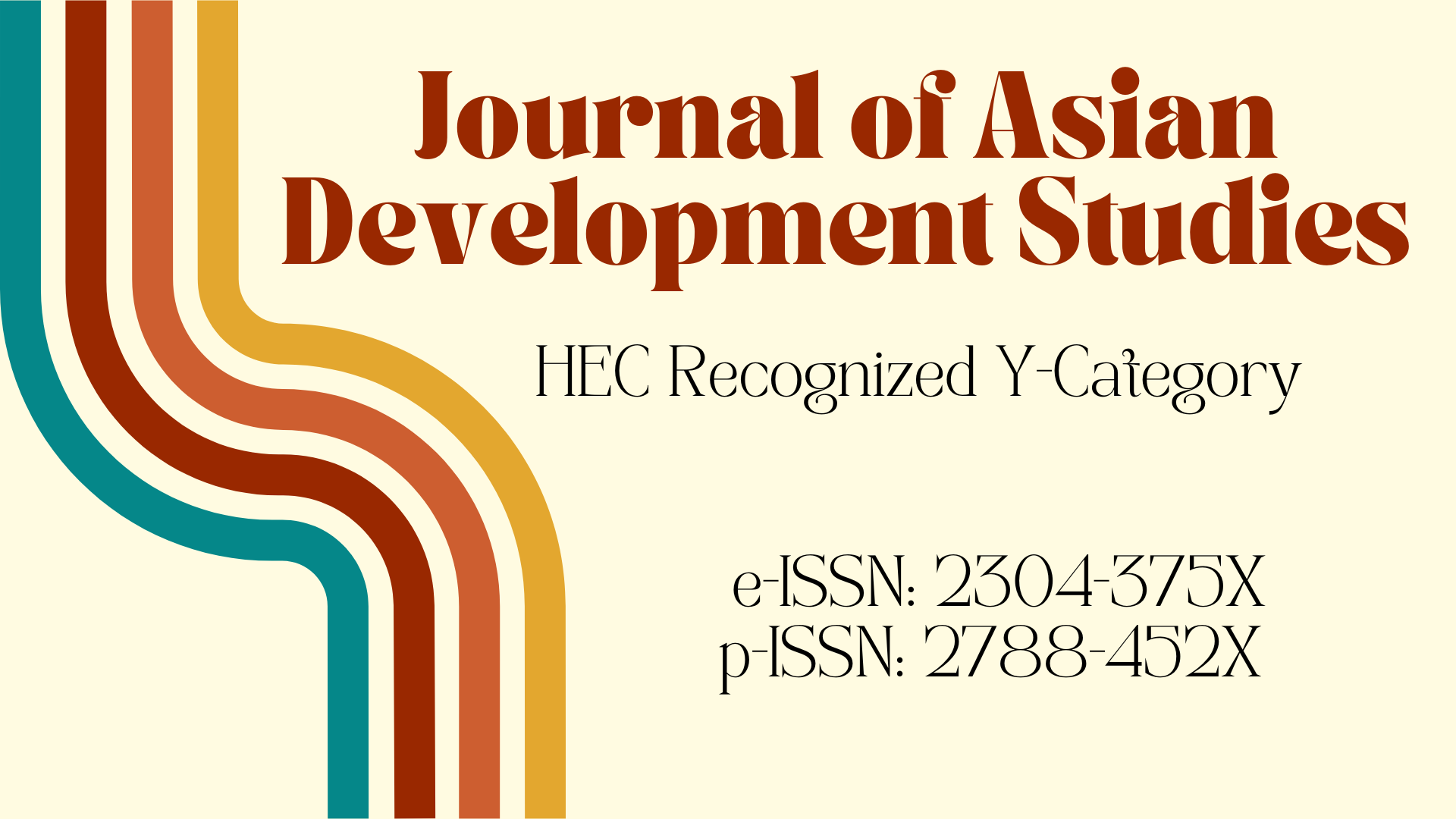A Study of the Causes of Political Instability in Balochistan After 2010
DOI:
https://doi.org/10.62345/jads.2025.14.1.63Keywords:
Balochistan, Political Instability, Governance, Resources DistributionAbstract
This study investigates the root causes of political instability in Balochistan, seeking to identify the primary causes contributing to governance challenges. Employing a qualitative approach, data is assembled through surveys, interviews, and content analysis from a separate group of respondents, including local populations, academicians, policymakers, and political analysts. The findings emphasize numerous consistent causes of instability, including historical grievances, governance ineffectiveness, resource mishandling, socioeconomic differences, and so many other factors. Furthermore, the study explores the effect of federal-provincial relations and ethnic dynamics of political instability in Balochistan. The study examines the existing body of knowledge by preparing empirical intelligence on how the local population understands political instability and its core causes. The study highlights the need for comprehensive governance, socioeconomic development, and participatory policymaking to tackle the people's grievances. Policy recommendations involve increasing local governance arrangements, encouraging political dialogue, and ensuring reasonable resource distribution.
Downloads
Downloads
Published
Issue
Section
License

This work is licensed under a Creative Commons Attribution 4.0 International License.
License Terms
All articles published by Centre for Research on Poverty and Attitude are made immediately available worldwide under an open access license. This means:
- everyone has free and unlimited access to the full-text of all articles published in Centre for Research on Poverty and Attitude's journals;
- everyone is free to re-use the published material if proper accreditation/citation of the original publication is given.




